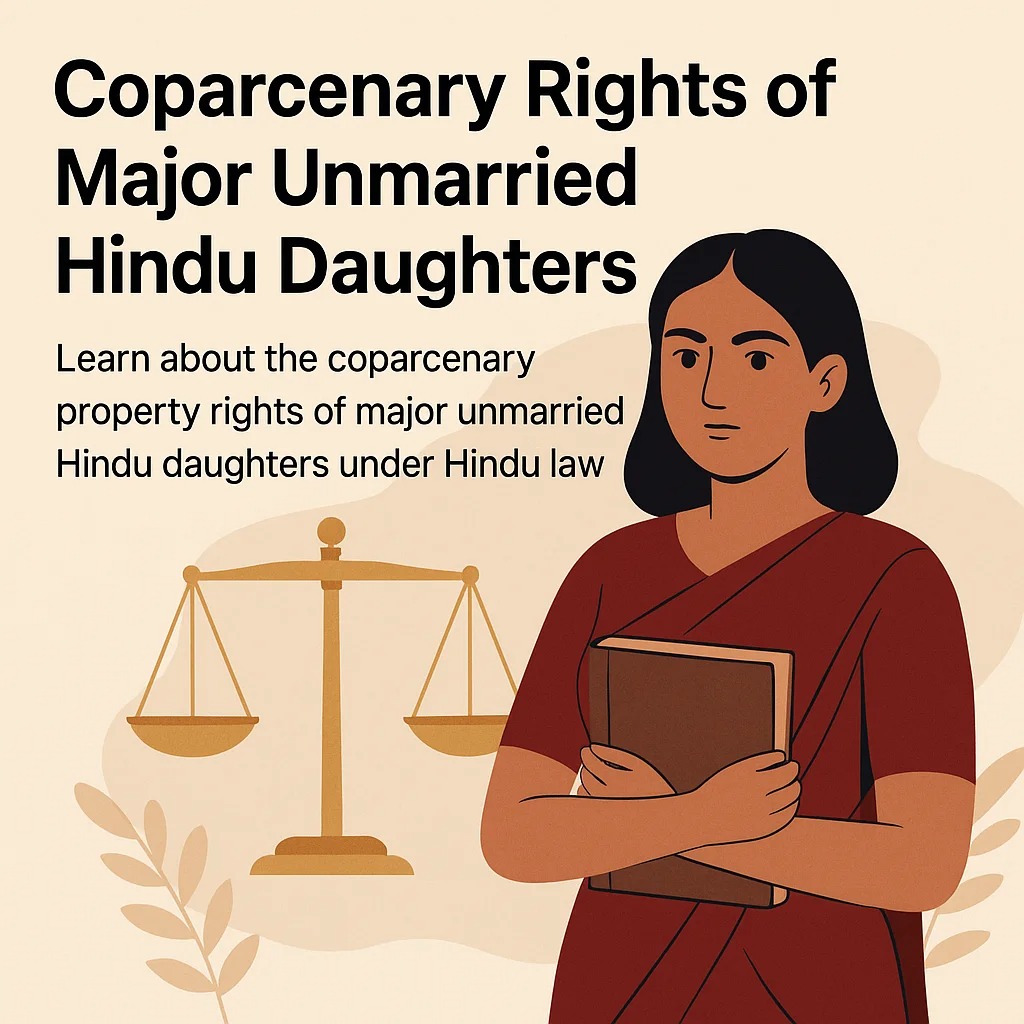Mukerji, J.@mdashThis is the defendant''s appeal and arises out of a suit for ejectment and arrears of rent brought against him by the plaintiff-respondent 1.
2. The claim for ejectment failed in the two Courts but succeeded in this Court,
3. The plaintiff''s case was that in a place called Serai Daim Khan, in the town of Moradabad, defendant 2, Fattu, held, as the plaintiff''s tenant, four houses, that under the terms on which the defendant held, falling into arrears of rent brought about forefeiture of the tenancy, and that the original tenant, namely Fattu, defendant 2, did not pay rent, and on the other hand, without any title to do so, transferred the building to defendant 1, Chhuttan. The plaintiff accordingly claimed arrear of rent and claimed ejectment of defendants 1 and 2. The defence set up was that Fattu held under some sort of permanent tenancy, that the original tenant was given the site on which to build and on a small rent to be paid annually.
4. The lower appellate Court held that some 60 years prior to the institution of the suit, the site of the house had been let out to the ancestor of Fattu, that ancestor built the house, and that in 1884 new terms were obtained for the tenancy, but that agreement of 1884 was void for want of consideration. On these findings the learned Judge of the lower appellate Court affirmed the decree of the first Court dismissing the claim for ejectment.
5. In second appeal the learned Judge of this Court, who heard it, came to the conclusion that the lower appellate Court had not properly read the agreement of 1884, and that if it had read it properly along with other evidence, the vague evidence, on which it relied to found a permanent lease, would not have sufficed.
6. In appeal it has been contended that the learned Judge of this Court has upset a finding of fact
7. The learned Subordinate Judge, it appears to us, tried to find facts which would fit in with one of the two Privy Council cases which were cited before him, and one of which has been mentioned in his judgment, namely Jagaveera Rama v. Alawarasa Asari AIR 1918 PC 173. The other Privy Council case is said to be Afzalunnissa v. Abdul karim AIR 1919 PC 11.
8. In the earlier of the two cases it was found as a fact that the tenants held on more or less a permanent lease on a fixed rent. They improved the land, and thereupon the landlord claimed a higher rate of rent. Their Lordships of the Privy Council held that there was no consideration for the agreement to pay enhanced rent. If the judgment of the Privy Council be carefully read, it will be found that there were numerous cases brought before Courts, and one of the cases was taken to be a sort of a specimen case on the decision of which all other cases were to be decided. The case that was really considered by their Lordships of the Privy Council was one in which the enhanced rent had been paid only "once or twice." There were some connected cases in which enhanced rent had been paid for not less than 40 years. Their Lordships of the Privy Council were careful enough to distinguish those cases, and in the concluding portion of their judgment they observed as follows:
If the cases had been examined separately, if distinctions had been drawn between cases where the higher rate was paid for 40 years and cases where it was only paid once or twice, if the possibility of presuming a lost patta at eight fanams or lost proof of consideration had been mooted, if the origin of these tenancies had been investigated and the terms of the original contrasts fully discussed, other questions might possibly have arisen: (see p. 140 of the report.)
9. The case before their Lordships of the Privy Council, as we have already stated, was decided on consideration of the fact that only ''once or twice'' the enhanced rent had been paid. In this particular case before us we have the agreement of 1884 entered into not less than 40 years before the institution of the suit. At the expiry of 40 years it is difficult to say for anybody how the agreement came to be executed by the defendant''s predecessor-in-title. We must presume in the circumstances, that there was a good consideration for the altered agreement, although at this distant date the nature of the consideration is not available for proof. The other case on which the learned Judge of the lower appellate Court has relied lays down that where there is a completed contract for payment of rent of a permanent lease, there can be no consideration for enhancement of the rent.
10. The learned Judge of this Court was in our opinion quite justified in treating the judgment of the lower appellate Court as materially defective inasmuch as it omitted to consider the effect of the document of 1884. How the learned Judge of the lower appellate Court proceeded to look at the evidence was this. He took into consideration the vague oral evidence which was supposed to establish the commencement of the lease 60 years ago, and then came to the finding that a permanent lease did exist on a fixed rent. In coming to this conclusion he totally ignored the document of 1884. If it be a fact that in 1884 the predecessor-in-title of defendant 1 agreed and admitted that the houses belonged to the landlord, and that he would hold them on rent and would vacate them in case of failure to pay the rent, surely the learned Judge of the lower appellate Court would not have come to the conclusion that the person who was making that contract in 1884 was holding on a permanent lease. It appears to us that the learned Subordinate Judge wanted to find facts which would fit in with the Privy Council cases which were cited before him. He really proceeded by finding out what the law is in order that he might arrive at a finding of fact.
11. In our opinion the learned Judge of this Court was fully justified in setting aside the finding of fact of the lower appellate Court and coming to a finding of his own.
12. In the result the appeal fails and is hereby dismissed with costs.

